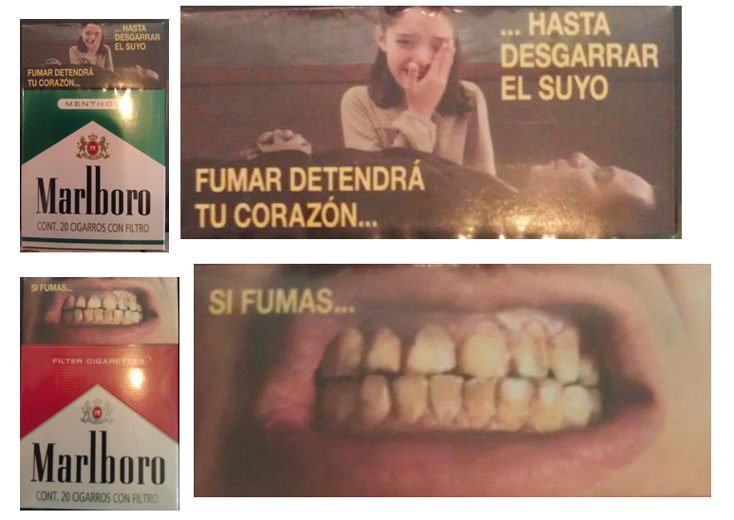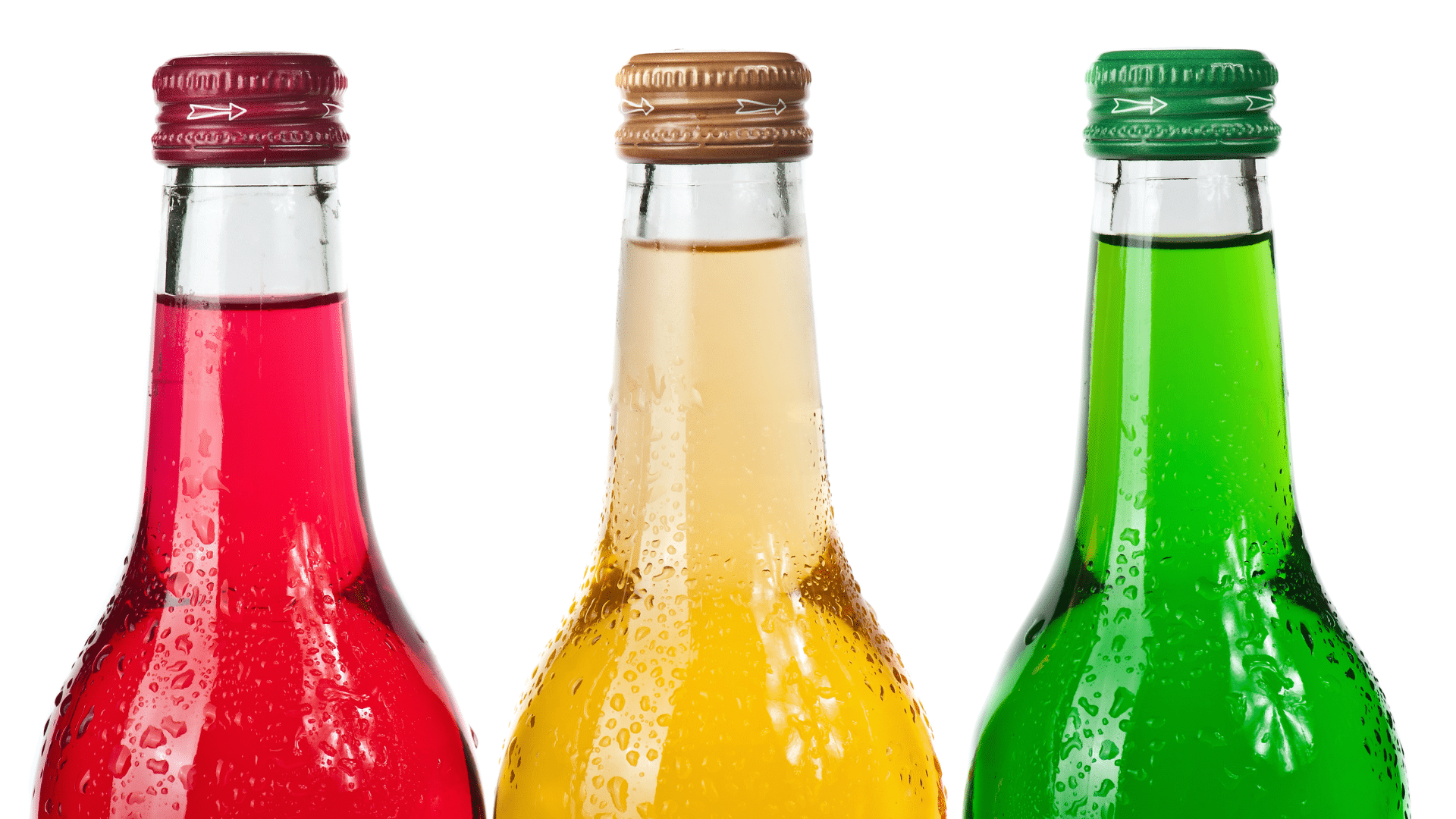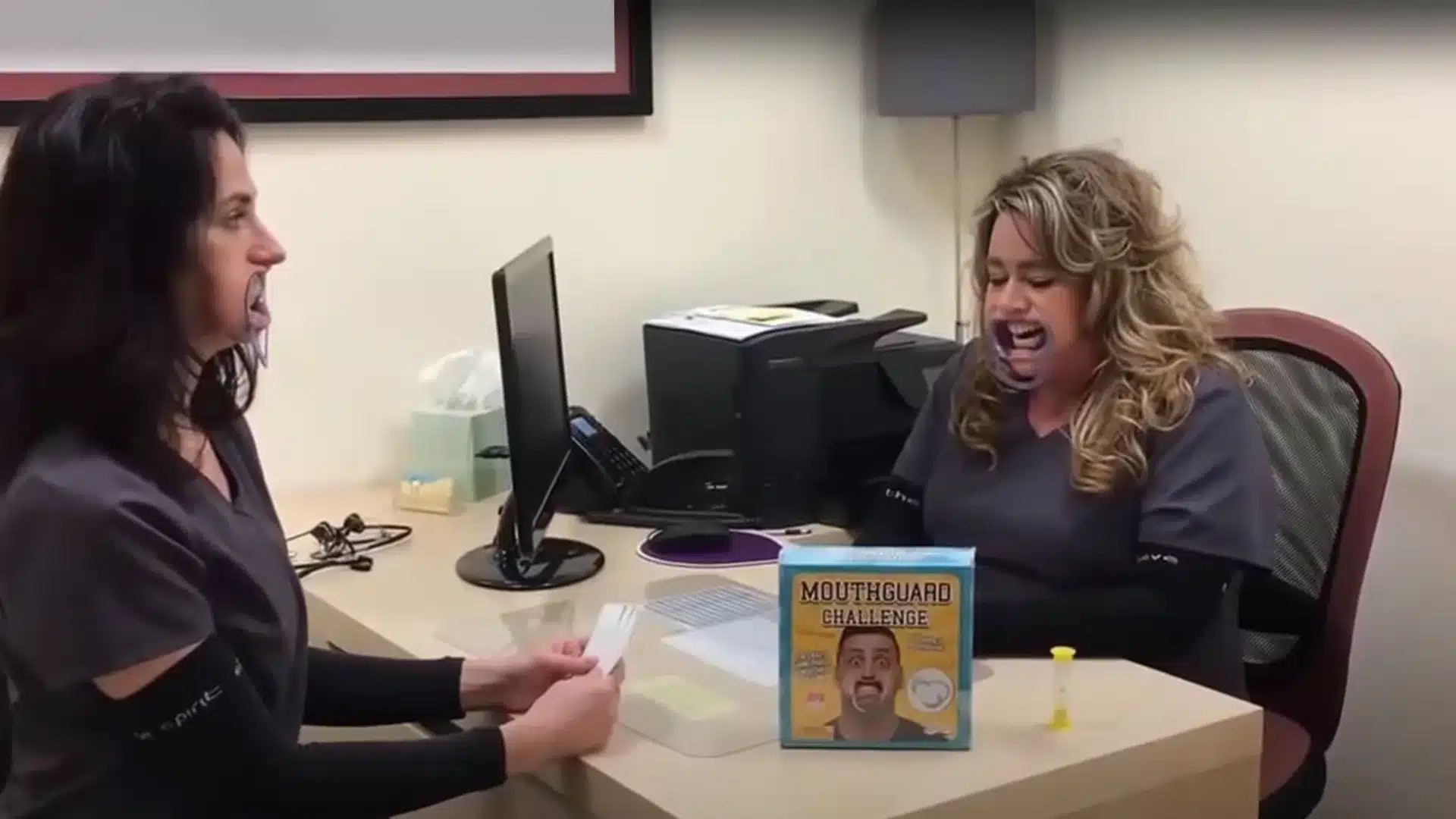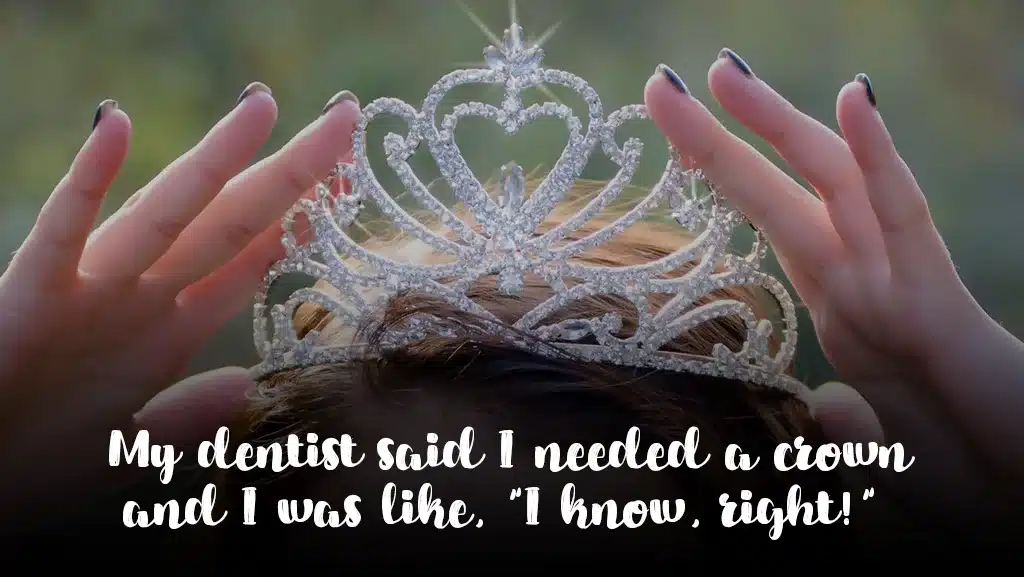It seems that you can’t pick up any product these days without there being some sort of “Duh!” warning printed on it, advising how it could potentially land you in a hospital, or have serious, long-term side effects to your health. Not, so it seems, when it comes to soft drinks. Unless you’re in Australia, that is.
In 2012, this study, published by the American Journal of Public Health, referenced a research study conducted by The Australian Research Centre for Population Oral Health (ARCPOH) at the University of Adelaide to determine the association between the consumption of soft drinks and dental caries developing in children. Ultimately, they found that children who consumed three or more sugar-sweetened drinks a day had 46% more decay, missing, and/or filled baby teeth. (Shocking results, right?)
“There is growing scrutiny on sweet drinks, especially soft drinks, because of a range of detrimental health effects on adults and children.”
-Dr. Jason Armfield, University of Adelaide School of Dentistry
The study also found a connection between children who come from the lowest income families as consuming significantly more sugary drinks. Given the expense of dental care in Australia, they stated that this simply compounds the issue of childhood risk. As a result, researchers called for warnings to be posted on these products, citing the implications that frequent and increased use would have on physical and dental health.
This call for posted warnings in Australia comes on the coattails of certain health organizations in the U.K. lobbying for the taxation of soft drinks.
The Land of the Free?
Meanwhile, back in the US of A, it should come as no surprise that the State of California (I believe it was San Francisco that wanted to remove toys from McDonald’s ‘Happy Meals’) has been lobbying heavily to have health warnings put on soft drinks. The legislation, which would have been the first of it’s kind in this country, passed the state Senate in May 2014. However, it failed to secure enough votes in the health commission of the California State Assembly.
The Center for Science in the Public Interest (CSPI) wrote a petition back in 2005, to the Food and Drug Administration, stating that people who consume excessive amounts of soft drinks are more likely to develop diabetes and tooth decay, therefore supporting a need for warning labels to be posted on cans and bottles. They want parents and health officials to be more aware that these beverages are essentially “liquid candy,” and should classify them as more of a treat. Studies were cited that teenage boys drink about 1.5 cans of soda on average per day, while girls are consuming an average of 1 can a day.
So in the United States, this still remains an unresolved issue.
Interestingly enough, on a recent trip to Mexico (for a dental conference, I might add) I found it fascinating to see the various warning labels that are posted on cigarettes. I’d be curious to see how effective they really are, but I would also agree that ‘a picture is worth a thousand words.’

I’m hoping the U.S. catches on soon when it comes to soda. But even if they don’t, you can! (3 Or More Sugary Sodas A Day = 62% More Dental Decay)





